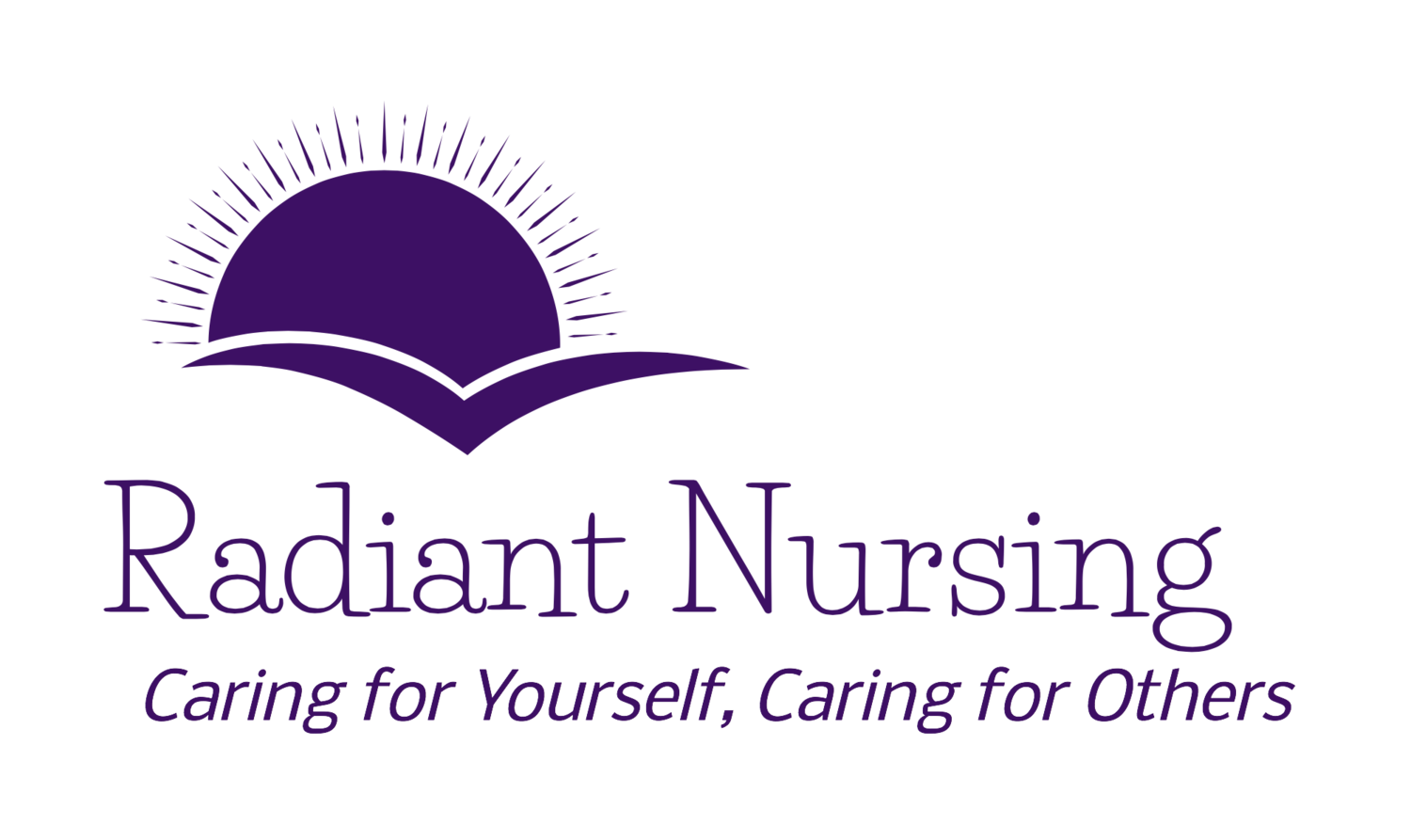The Myth Of Not Aging
/Myths About Aging
Pick up any article about aging and you'll see that 50 is the new 30 and 70 is the new 50.
As Baby Boomers head into, dare I say, old age, they're approaching it like they've attacked everything in their lives: head on and with a determined, "We're gonna change this!"
Have a good attitude!
Do this exercise!
Drink that vegetable juice!
It will keep you young! You won't age!
How many other products and ideas can you name that you "should" be doing? One more face cream, one more lip filler or Botox treatment, one more yoga pose. If you could just do one more something, then maybe you won't die.
The Baby Boomers' can-do attitude worked in the 1960s, many things did change. And it will even work now, 50 – 60 years later, but only up to a certain point.
The Card Of Death Is Still In Play
We will still experience aging. We will still die.
Perhaps Baby Boomers will promote changes that allow for better measures to prevent extended suffering. We hope they will add enough voices that aging people will have a better quality-of-life and have more end-of-life choices available to them.
With all of our advances in medicine, we are able today to force human bodies to stay on the planet, whether they should or not, long after our bodies would have naturally let go. Then, there's the added complication of dementia that strips away our ability to have a vote in the matter.
So, we are left to ask the difficult questions. When is it simply too much?
When are we needlessly suffering?
When do we say a last good-bye?
Everyone Will Die
There is not one physical body that has not slipped off the mortal coil of old age and into death. There is not one "attitude" that stopped anyone from dying eventually.
Somehow, when we die earlier, we berate ourselves for not being able to muster up "enough right attitude" to prevent it, when in fact, it was the natural process of the break down of our bodies. Not due to our attitude at all.
I don't think we have to worry about sending old people off to their demise based on the criteria of age alone. However, we have to have some frank discussion about how we will define qualify-of-life.
We Are Mortal
Atul Gawande explores the many facets of aging and end-of-life decisions in his book, Being Mortal: Medicine and What Matters in the End.
This book was recommended to me by the eye specialist treating my mother for wet macular degeneration. In his specialty, the majority of his patients are in their last 10 years of life. His entire staff read the book to better help and understand their patients.
Although trained as a surgeon, Gawande writes at a level that all of us can understand. He breaks down the aging process of our bodies so that it makes sense. No, we can't stop aging, but we can help. If we have an idea of what's coming, we can take steps to prepare for it.
He's not afraid to ask the question: how are we going to die? How do we die when so many interventions exist that can force us not to?
Gawande explores this slippery slope that medicine finds itself on. His book is not about giving us an answer, but rather increasing awareness to better be able to make decisions for ourselves and our loved ones.
Acute Care Versus End-of-Life
I'm a Women's Health Nurse Practitioner and all my healthcare practice is about "fighting the good fight" – doing everything to fix and heal my patients and beating back death at every step.
As my mother experiences an extended end-of-life process, this book helped me to understand the breakdown happening in her body. It helped me to see the parts of aging that I can't fix.
Being Mortal even provided a sort of comfort that I wasn't failing in my mother's care. Gawande describes how the aging process profoundly effects each and every organ. No part of us is spared.
Being Mortal: A Must-Read Book
If you are aging, or if you know anyone who is aging, Being Mortal is a must-read.
And since we're all aging, no matter what we may think, we all need to read this book.
It's worth more than one read.






